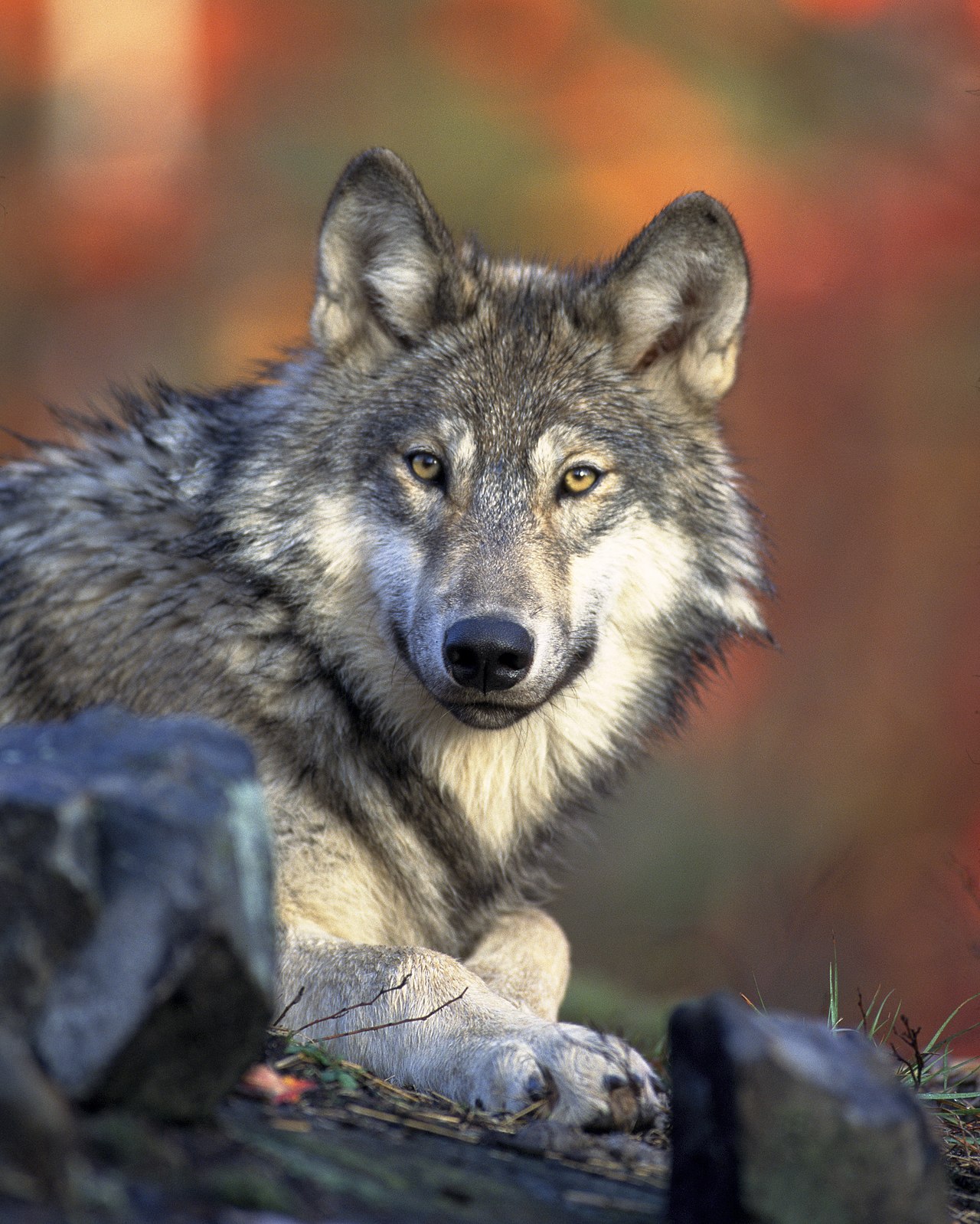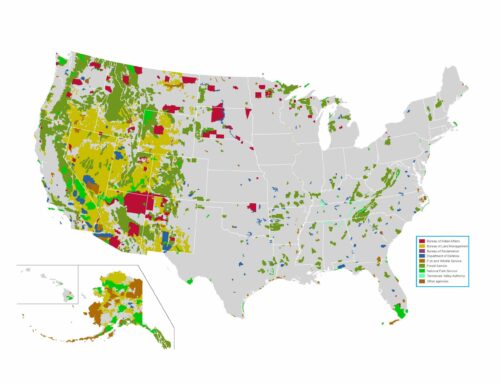by Greg Walcher, E&E Legal Senior Policy Fellow
As appearing in the Daily Sentinel
Last week on Capitol Hill, I attended a truly bizarre committee hearing. The Water, Wildlife and Fisheries Subcommittee heard testimony on bills to remove gray wolves and grizzly bears from the endangered species list. Both species are fully recovered and no longer in danger of extinction, but the hearing wasn’t really about that. It was about who gets to say so.
The bill sponsors are Reps. Harriet Hageman (Wyoming), Matt Rosendale (Montana), Tom Tiffany (Wisconsin), and Lauren Boebert (Colorado). The hearing turned bizarre when California Democrat Jared Huffman decided to lambaste Boebert. Calling the bills “a hot mess of extreme anti-science,” and “sheer hubris,” he then turned personal. Comparing Colorado voters’ approval of wolf reintroduction to Boebert’s thin re-election margin, he asserted that “apparently wolves are more popular than members who want to delist them.” Ad-hominem sarcasm aside, his statement ignores two essential facts. First, wolf reintroduction was overwhelming opposed by voters in Boebert’s district, where it failed in 24 counties. Second, wildlife decisions should be based on biology, not politics.
That’s where Huffman completely derailed. “The idea that we as members of Congress sitting here in Washington are more qualified than scientists and experts at the top of their field to make delisting decisions…,” he thundered, “is incredibly extreme.” Yet that is precisely what he is doing. The “experts at the top of their field” made this determination years ago, and have faced a bewildering array of political interference ever since.
Biologists at the U.S. Fish and Wildlife Service (USFWS) delisted gray wolves in 2020, writing, “Recovery of the gray wolf… is one of our nation’s great conservation successes, with the wolf joining species such as the bald eagle, peregrine falcon, American alligator and brown pelican that have been brought back.” They cited “more than 45 years of collaboration and partnerships with states, tribes, conservation organizations, private landowners and other federal partners” and concluded, “the gray wolf has recovered by any and all measures… no longer in danger of extinction or at risk of becoming so in the foreseeable future throughout all or a significant portion of the species’ range.”






